Projects
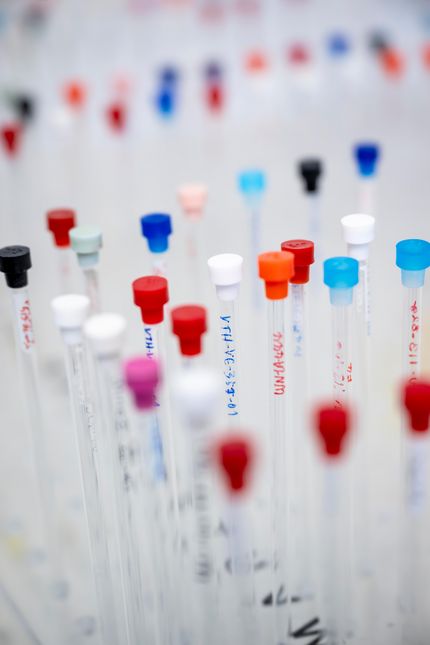
Artificial photosynthesis
Can a single chemical reaction change the world? Chemistry Nobel laureate Benjamin List is working on the photocatalytic reduction of CO2—which could prove invaluable in fighting global warming.
go to project
Climate-friendly corrosion protection in reinforced concrete
Worldwide, the manufacture of concrete is responsible for emitting three times more carbon dioxide than air traffic. One of the main reasons for this dubious distinction are the high alkalinity levels in concrete—which are currently believed to be the only way to prevent reinforcing steel from corroding.
go to project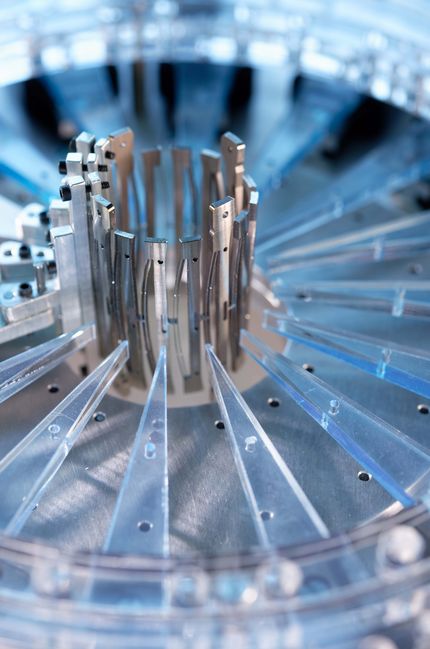
Artificial muscles
Artificial muscles have the potential to improve the heart’s pumping capacity in patients with cardiac insufficiency. The team at the Center for Artificial Muscles in Neuchâtel, which is financed by the Werner Siemens Foundation, are making excellent progress in their innovative project, especially with regard to pumping capacity and energy supply.
go to project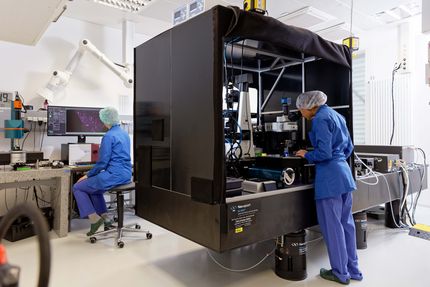
Werner Siemens Imaging Center
The Werner Siemens Imaging Center in Tübingen is playing in the premier league of global research on medical imaging techniques. The Center's research focus on personalised tumour therapies is now part of Germany's national Excellence Strategy. A novel approach to combining medical imaging techniques can help doctors discover which therapy will be most effective in treating individual patients.
go to project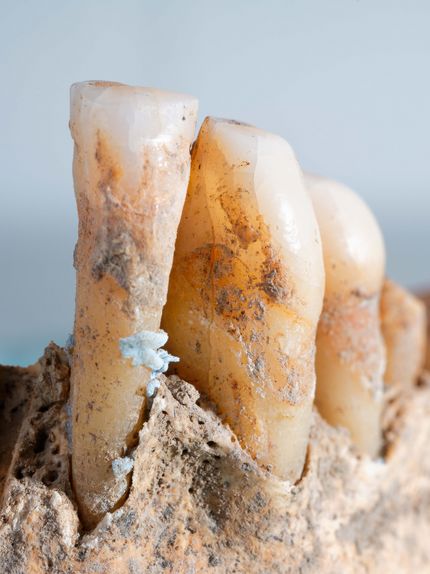
Prehistoric medicine
Antibiotic resistance is increasingly becoming a problem. Now, a research team in Jena is seeking new medicines in a surprising place: in the dental plaque of early humans. It is hoped that the ancient substances can “surprise” and overcome resistant bacteria of today.
go to project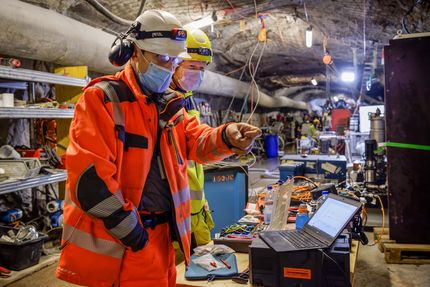
Bedretto Underground Lab
If we could tap into the massive heat of the earth’s interior to generate electricity, we would have a sustainable source of energy. In Switzerland, however, drilling deep into the earth has always triggered earthquakes. Now, international research teams can safely conduct deep geothermal energy experiments using the innovative infrastructure in the new Bedretto Underground Lab in southern Switzerland.
go to project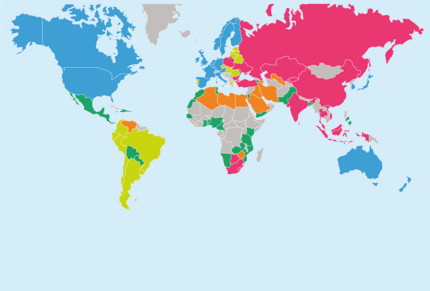
CERES
If we want to avoid losing the basis of our existence on earth, we must act. But what political measures will be effective in protecting our climate, biodiversity and soils? And what stops policymakers from enacting them?
go to project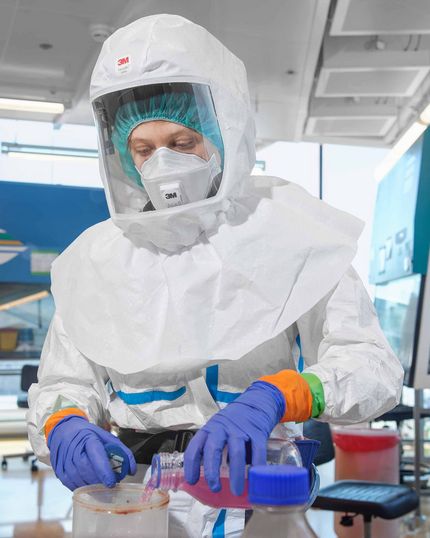
A centre for viral research
Whether Covid-19, dengue fever or Ebola: a virus is often the root cause of devastating diseases. But medical science has not yet succeeded in developing a drug that can be used to treat a wide range of viral infections the way that antibiotics fight bacterial infections. This may soon change.
go to project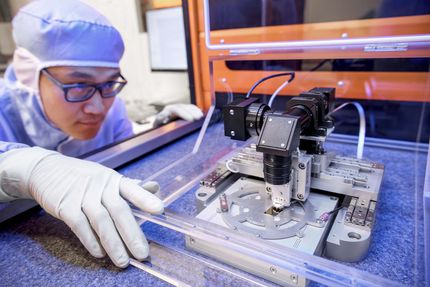
Single-atom switch
Faster, smaller and—above all—greater energy efficiency: a team of researchers are working on creating the next-generation microchip. For the past four years, the Werner Siemens Foundation has been supporting the development of the so-called single-atom switch, which requires only a miniscule amount of energy.
go to project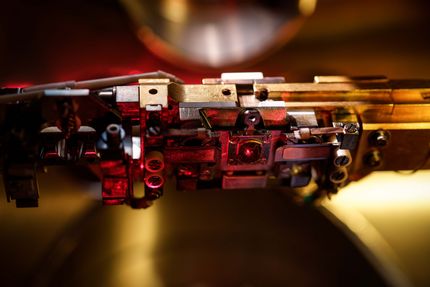
CarboQuant
Welcome to the nanoworld—and to the realm of quantum physics, where standard rules of reality no longer apply.
go to project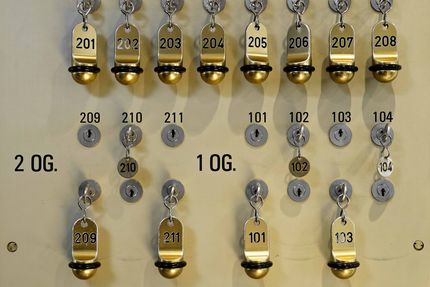
Centre for Cyber Trust
The internet has revolutionised how we access information of all kind. But of late, data theft, false information and malware have eroded our trust in the World Wide Web. Now, IT professors at ETH Zurich are working to make the internet secure again.
go to project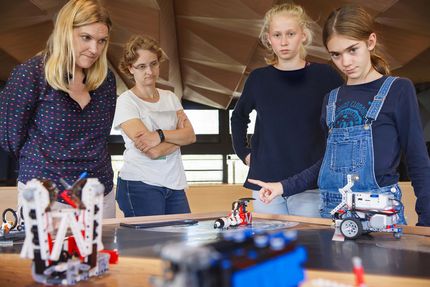
Swiss TecLadies
How can girls interested in mathematics, physics or computer science be encouraged to choose a career in a related field? By introducing them to experienced computer scientists, physicists or mathematicians who show it is very possible to succeed in a male-dominated profession. Providing role models for girls is the goal of the mentoring programme Swiss TecLadies.
go to project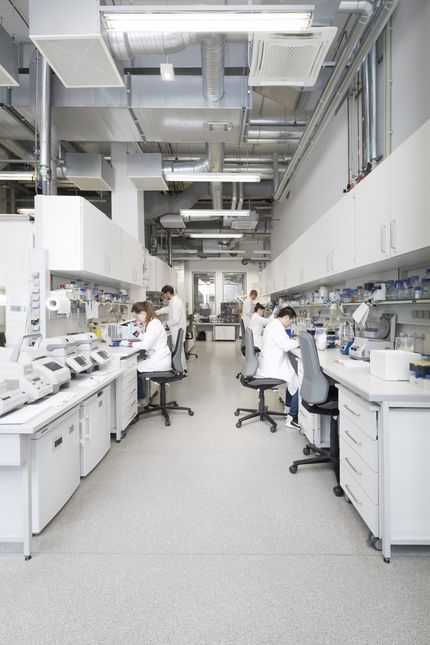
TriggerINK
The researchers in the TriggerINK project at DWI – Leibniz Institute for Interactive Materials in Aachen have an ambitious goal: regrowing cartilage on a damaged joint using a scaffold made of bioink.
go to project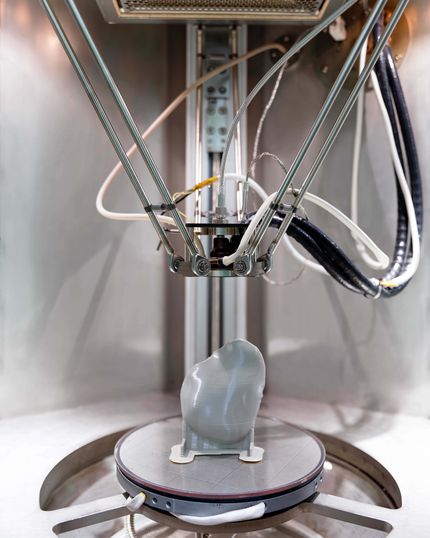
MIRACLE II
With their innovative robot-guided laser, the MIRACLE II team at the University of Basel and the University Hospital Basel are aiming to make minimally invasive surgery on bones and cartilage a reality.
go to project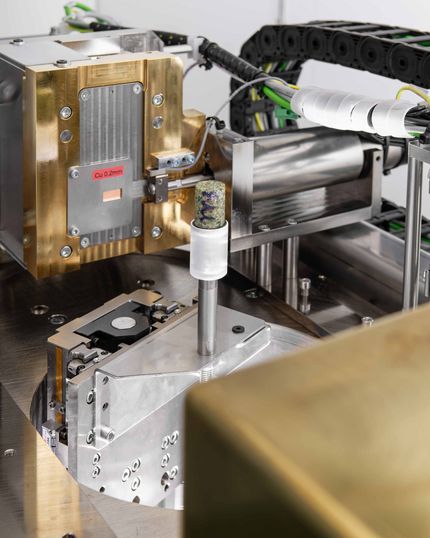
Deep geothermal energy
The Werner Siemens Foundation is financing the geothermal research of Professor Martin O. Saar and his team at ETH Zurich. Their aim is to develop an innovative procedure to tap into the energy in the earth's crust and simultaneously sequester greenhouse gas CO2 underground.
go to project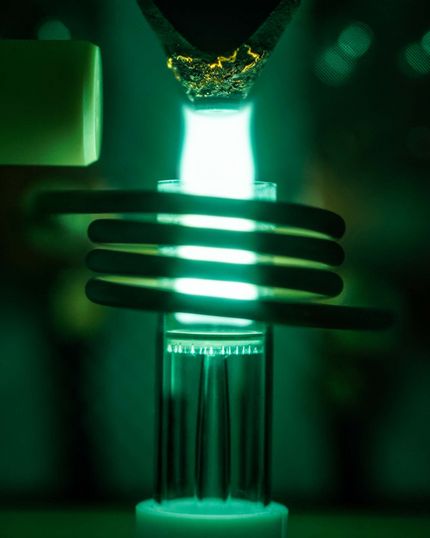
Thermoelectric materials
The Institute of Science and Technology Austria is currently Austria’s most successful research institution, and it attracts brilliant minds from all corners of the globe—including physicist Maria Ibáñez, who is seeking high efficiency thermoelectric materials.
go to project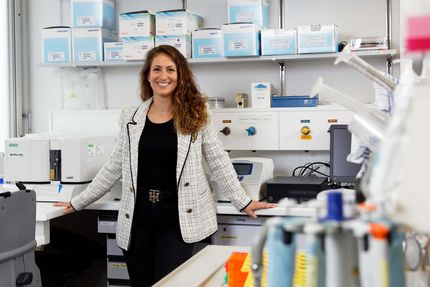
MedTechEntrepreneur Fellowships
The path from academia to entrepreneurship is long and arduous—not least in the field of medical technology. To help pave the way for first-time entrepreneurs, the Werner Siemens Foundation is financing the University of Zurich’s MedTechEntrepreneur Fellowship programme and state-of-the-art Life Science Incubator Lab. In the programme, innovative young researchers receive the support they need to found a company.
go to project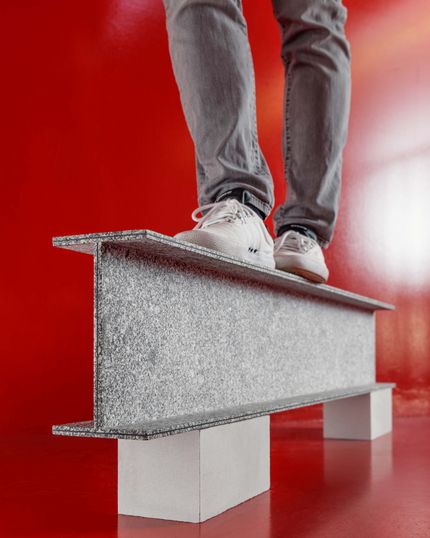
Synthetic Biotechnology
How can natural organisms be manipulated to produce substances that are useful to human beings? This is the focus of the team at Synthetic Biotechnology at the Technical University of Munich. Werner Siemens Foundation Endowed Chair Thomas Brück and his team have developed several innovative novel products, including CO2-neutral carbon, a bio-degradable pest spray and a palm oil substitute made of oleaginous yeast.
go to project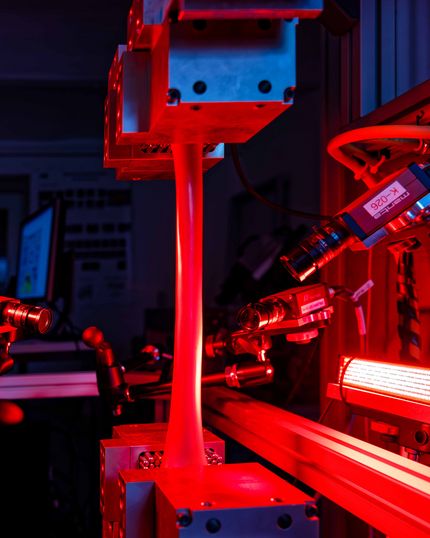
Smart implants
Until now, patients suffering from complicated bone fractures have had no option other than to wait and see whether a fracture heals well after an operation. Now, however, scientists are developing smart implants that can correct course should the healing process veer off track.
go to project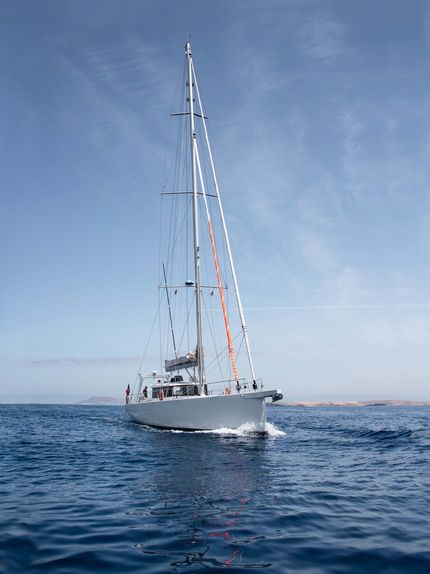
Sailing research vessel
The world’s oceans play a decisive role in our climate system by absorbing heat and CO2—although there are limits to this capacity. How healthy are the seas today, in times of global warming? The Werner Siemens Foundation financed the construction of the world's greenest research vessel and is now assuming operating costs for the research voyages that began in 2019.
go to project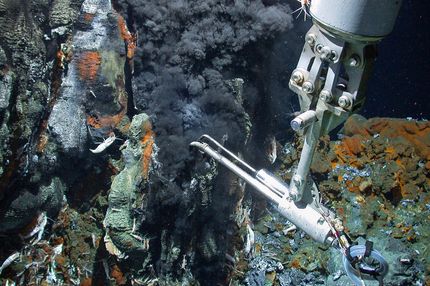
Safeguarding the deep sea
Over the course of millions of years, the deep sea has evolved into a vitally important ecosystem that harbours vast reserves of natural resources. Mining these treasures would cause great environmental damage. To prevent this from happening, the Innovation Center for Deep-Sea Environmental Monitoring has developed a comprehensive strategy for protecting the deep sea. The first components have now been tested in the Mediterranean.
go to project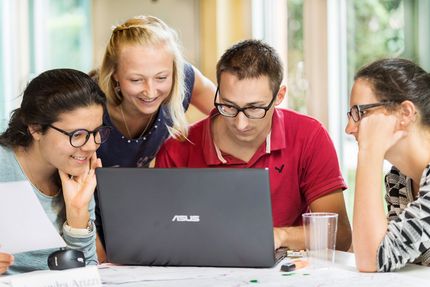
Promoting outstanding young talent
Funding from the Werner Siemens Foundation helps to provide gifted students in the STEM subjects with various kinds of support. For example, the Swiss Study Foundation awards ten annual Werner Siemens Fellowships.
go to project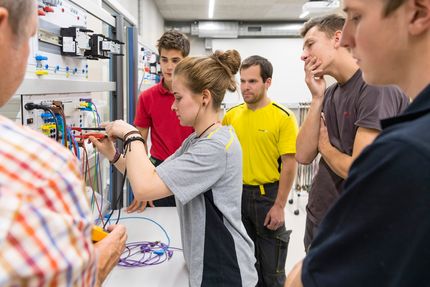
Promoting vocational training
After completing compulsory schooling, many young people who would like to learn a technical trade lack sufficient skills in maths, physics and chemistry, causing them to struggle during their apprenticeships. Thanks to funding from Werner Siemens Foundation the vocational training programme could be successfully revamped.
go to project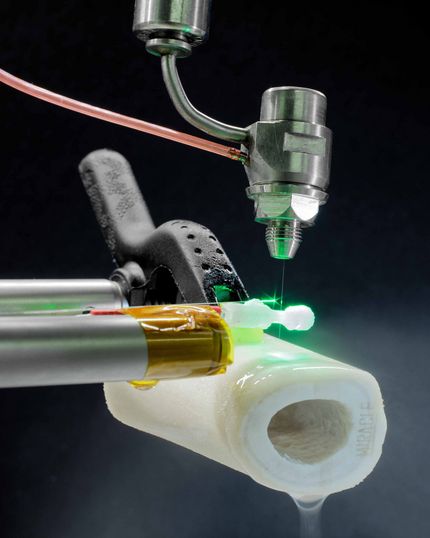
MIRACLE
Researchers at the University of Basel are developing technologies to make minimally invasive bone surgery reality—using robot-guided lasers. The SpectoVR 3D software developed in the MIRACLE project has met with great success, and the novel laser scalpel is now so "smart" that it can monitor its owns incisions.
go to project